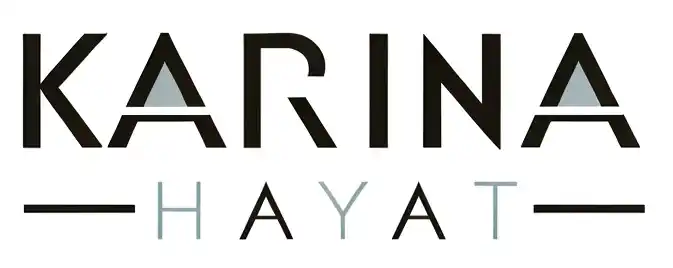Institutional Knowledge Retention: Preparing for Employee Transitions Effectively?

The phrase “everyone’s replaceable” might be true in theory, but the reality is far more nuanced. While new employees can fill vacated roles, replacing the institutional knowledge that tenured employees bring is much harder—and often costly. The solution lies in institutional knowledge retention and proactive workforce planning.
The Hidden Costs of Employee Turnover
Replacing an employee involves more than just recruitment and training expenses. For senior or long-term employees, the cost escalates due to the invaluable expertise and procedural knowledge they’ve accumulated. These individuals don’t just know their roles—they understand how things work within the company, from unspoken processes to time-saving shortcuts.
When such employees leave without transferring their knowledge, organizations risk a “knowledge vacuum,” disrupting operations and lowering productivity. The key to avoiding this is a structured approach to institutional knowledge retention.
Strategies for Institutional knowledge retention
Here are actionable steps employers can take to ensure knowledge is preserved, even when experienced employees depart.
1. Prioritize Documentation
Seasoned employees often operate with an intuitive understanding of their roles, honed over years of experience. While this is efficient, it’s also risky if their methods and insights remain undocumented.
Employers should embed documentation into regular workflows, encouraging employees to update process manuals periodically. By using standardized templates, companies can ensure that valuable information is preserved in an organized, accessible format. This approach makes onboarding smoother for new hires, reducing the time needed to adapt to their roles.
2. Emphasize Collaboration and Cross-Training
Creating a culture of collaboration and shared knowledge ensures that expertise isn’t siloed within specific individuals. Structured cross-training programs allow employees to learn various aspects of their colleagues’ roles, promoting operational flexibility.
Mentoring programs are another excellent strategy, pairing tenured employees with newer staff for hands-on knowledge transfer. Additionally, joint projects involving team members with diverse experience levels encourage the organic sharing of insights and practices.
3. Implement Succession Planning
Succession planning tips often highlight the importance of preparing for key departures well in advance. Employers should monitor retirement timelines and career transitions to identify potential gaps early. A clear plan for grooming successors—through job shadowing, leadership training, or phased role transitions—can significantly reduce disruptions.
Succession planning isn’t just for leadership roles; it applies to any position where losing expertise could hinder operations. A proactive approach ensures continuity while giving employees clear growth pathways within the organization.
4. Build a Sense of Value Among Long-Term Employees
Employees stay loyal to companies where they feel valued and appreciated. Recognition programs for work anniversaries, milestone achievements, or unique contributions can significantly improve employee morale.
Regular feedback, opportunities for skill development, and pathways for advancement also reinforce the message that the company values their contributions. When employees feel invested in their workplace, they’re more likely to stay and willingly share their knowledge.
5. Leverage Technology for Knowledge Management
Modern tools can play a pivotal role in institutional knowledge retention. Knowledge management systems (KMS), like centralized databases or collaborative platforms, allow employees to store, access, and share information seamlessly. These tools can organize content by category, ensuring that critical documents, workflows, and insights are easy to retrieve.
Additionally, integrating AI-driven solutions can automate knowledge extraction and even suggest relevant content for ongoing projects. Leveraging technology not only enhances knowledge accessibility but also keeps information up-to-date, creating a resilient foundation for transitions.
6. Build a Knowledge-Sharing Culture
Encouraging a culture where sharing knowledge is the norm ensures that expertise naturally flows throughout the organization. Regular team debriefs, “lunch and learn” sessions, and knowledge-sharing forums create opportunities for employees to discuss and document their insights. Recognizing and rewarding those who contribute to the knowledge-sharing ecosystem further reinforces its importance.
By embedding this value into your company’s DNA, you can minimize the reliance on any single employee while empowering teams to collectively uphold institutional expertise.
7. Monitor Your Institutional Knowledge Retention Strategies
Institutional knowledge retention is an ongoing process, not a one-time initiative. Regularly assess your organization’s knowledge management strategies and make adjustments based on changing workforce dynamics. Technology, such as knowledge management systems, can help by centralizing and organizing information for easy access.
Conclusion
Institutional knowledge retention and effective succession planning are critical for ensuring business continuity in the face of employee transitions. By prioritizing documentation, building collaboration, and valuing employees’ contributions, organizations can mitigate the risks associated with losing seasoned staff.
Remember, the cost of replacing knowledge far exceeds the cost of preserving it. Taking these steps today can save your company time, money, and operational stability in the future.
